How to Prepare for Dental Implant Surgery
Are you on the brink of dental implant surgery to replace missing teeth? Or perhaps you are contemplating having this transformative dental procedure in the near future? Either way, you might be seeking guidance on how to prepare for dental implant surgery.
Nervous anticipation ahead of dental implant surgery is completely natural, and understanding the intricacies of the process is a pivotal step toward ensuring a smooth and successful experience. Fortunately, there is a series of proactive steps that you can take in advance, allowing you to approach your dental implant appointment with confidence.
Understanding the Transformative Nature of Dental Implants
Dental implant surgery to replace missing natural teeth is a life-changing procedure designed not only to restore the aesthetics of your smile but also to improve your chewing ability and prevent potential bone loss in your jaw.
A dental implant, typically made of titanium, serves as an artificial tooth root that is surgically placed into the jawbone to replace a missing tooth. These artificial tooth roots then provide stable foundations for your replacement teeth.
At our Bakersfield, CA dental office, we stress that the success of any dental implant procedure relies on selecting an experienced dentist and ensuring careful preparation over the weeks and days leading up to your surgery.
Consultation With Your Dentist: The First Crucial Step
Initiate the process by scheduling a consultation with your dentist. This step involves an assessment to determine whether you are a good candidate for dental implants and whether you will need a bone graft ahead of the procedure. You will also be able to talk with the dentist about any queries or concerns you may have regarding the procedure.
Medical History
During the initial consultation with your dentist, ensure that you discuss any pre-existing medical conditions that might impact the procedure's success.
Medication and Supplementation Disclosure
Inform your dentist about current medications or supplements that you are taking, to mitigate potential complications. Blood thinners, like aspirin and Coumadin (warfarin), can lead to complications during recovery, and precautions may need to be taken to minimize the potential risks associated with the medication or supplement.
Vitamin E can also have blood-thinning effects at high doses, as can certain herbs, so it’s essential to tell your dentist about any vitamin supplements and herbs you take in addition to pharmaceutical medications.
Preparation in the Weeks Leading Up to Your Implant Surgery
To ensure a successful outcome, following specific instructions from your dentist is imperative.
Quit Smoking
Smoking increases the risk of implant failure and slows the healing process. Discontinue smoking at least a few weeks before and after the surgery to minimize the risk of implant failure and facilitate healing.
Alcohol Consumption
Refrain from alcohol 72 hours pre- and post-surgery to reduce the risk of uncontrolled bleeding.
Oral Hygiene
Maintaining optimal oral hygiene is a fundamental aspect of good dental health and involves brushing your teeth at least twice a day and flossing at least once daily to reduce the risk of gum disease and cavities. However, it is even more important when you are preparing for dental implant surgery because poor oral hygiene is one of the top five problems that can compromise the success of dental implants.
The surgical procedure to place an implant involves a minor incision in the gum tissue to insert the implant into the jaw, so your oral hygiene practices are crucial. By cultivating these habits well in advance of the surgery, you can minimize oral bacteria and mitigate the risk of infection at the incision site.
Planning for Postoperative Comfort
After having your implant placed, it's typical to go through some bruising, swelling, minor bleeding, and discomfort. To make your recovery period more manageable, gather these essential items before your scheduled surgery:
Have ice packs available to use on the treated area to alleviate swelling and discomfort.
You will need to refrain from brushing the actual surgical area for a minimum of one week after the surgery. After that, you'll need a manual soft-bristled toothbrush and a low-abrasive toothpaste for brushing your teeth.
Following the procedure, it's advisable to eat soft foods to minimize irritation to the implant site. We recommend pre-purchasing your preferred soft foods to ensure they're readily available when you return home. See our Dental Implant Care Guide for ideas, such as:
Soft fruits, like bananas, pears, berries, soft peaches, and applesauce
Mashed potatoes
Pastas
Yogurt
Smoothies
The Day Before Your Dental Implant Appointment
The day before the surgery, follow these steps:
Medication
Take any prescribed medications that your dentist has instructed you to take the day before your surgery.
Transportation Arrangements
Arrange for someone over 18 to drive you to and from the surgery, especially if IV sedation dentistry techniques will be used rather than local anesthesia.
Dietary Instructions
Follow your dentist's dietary instructions, which may include abstaining from food and drink for a specified period before the procedure.
The Morning of Your Appointment
On the day of surgery, ensure a smooth experience by following these tips:
Comfortable Clothing
Wear comfortable, loose-fitting clothing and avoid tight collars or cuffs that may cause discomfort.
Oral Hygiene
Brush and floss your teeth as normal, but remember not to swallow the toothpaste or any water that you rinse your mouth with if you will be sedated during the procedure (and have been instructed not to eat or drink).
Preoperative Medications
Take any preoperative medications as advised by your dentist.
Common Concerns and Additional Information
Here are some common concerns and additional information that clients frequently seek before undergoing dental implant surgery.
How Long Does the Surgery Take?
The duration of your implant procedure depends on the number of implants needed and their specific placement in the jawbone. During your initial consultation, your dentist will give you an estimated timeframe for the procedure.
Is It Alright to Wear Makeup and Jewelry?
It is recommended to refrain from wearing makeup or jewelry to your implant surgery. This helps prevent any potential interference with the procedure and lowers the risk of infection. Refraining from wearing makeup also allows the dentist to more accurately determine that your circulation is healthy during the procedure by observing your skin.
How Long Will the Implant Site Take to Heal?
Individual healing times vary, but it generally takes several months for the implant to fully integrate with the jawbone (referred to as dental implant osseointegration). However, most patients feel better after a few days. Drink plenty of water to stay hydrated and follow a soft foods diet as described above for optimal recovery.
Ensuring a Smooth Dental Implant Process
By diligently following these guidelines, combined with the expert advice of the dental professional who will perform the surgery, you will pave the way for the smoothest possible dental implant experience. As always, personalized guidance during recovery is crucial, and it is important to consult your implant specialist about any concerns you have.
Remember, individual experiences may vary. Always seek personalized advice from a specialist in implant dentistry to ensure that the implant preparation and after-care techniques you follow are tailored to your specific needs.

